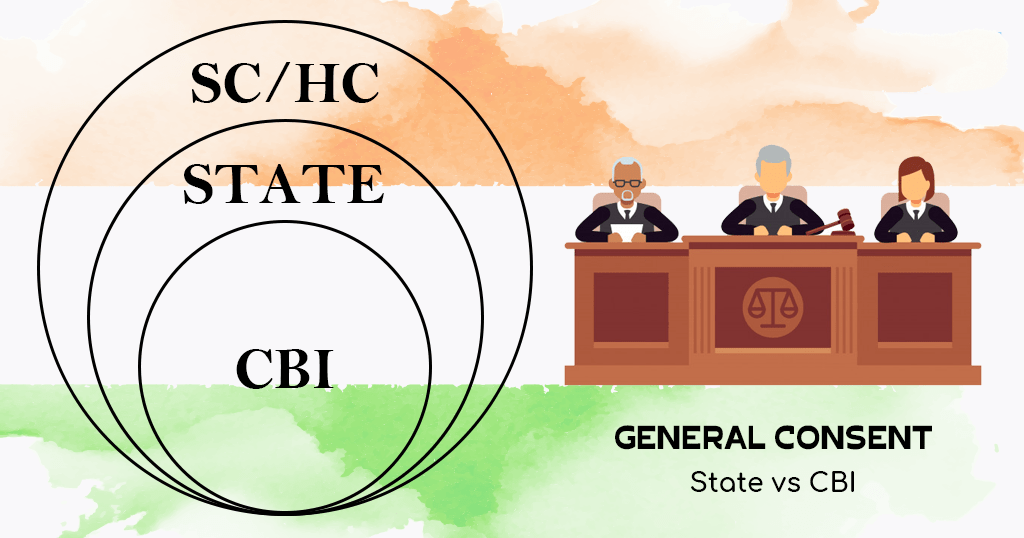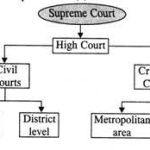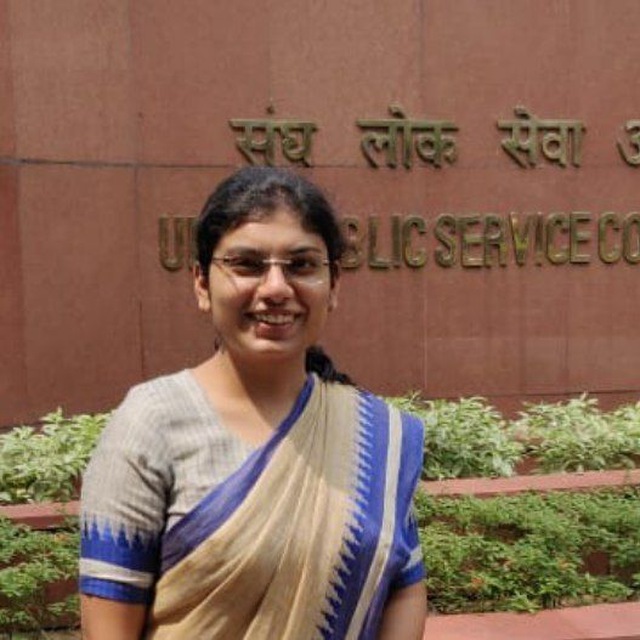
The government of Tamil Nadu took away the general permission given to the Central Bureau of Investigation (CBI) to do investigations within the state.
Table of Contents
Key Points:
• It was done just a few hours after a minister from Tamil Nadu was detained by the Enforcement Directorate (ED) for allegedly taking part in a job racket scandal.
• A minister from Tamil Nadu was reportedly involved in the job racket scandal.So, before starting an investigation in Tamil Nadu, the CBI must now get permission from the government of that state.
West Bengal withdrew its general approval to the CBI in November 2018, Chhattisgarh did the same in January 2019, and Mizoram did the same in July 2015.
In 2020, Rajasthan, Maharashtra, Kerala, Jharkhand, and Punjab all stopped giving their general approval. In 2022, Meghalaya pulled out of the agreement.
What is the General Consent of the CBI?
• The CBI is run by the Delhi Special Police Establishment (DSPE) Act of 1946. Before starting an investigation into a crime in a state, the CBI must get permission from the government of that state.
• Most of the time, states give the CBI permission to look into corruption cases involving central government workers in their states. This basically means that consent is given by default, and the CBI may start an investigation into a case based on the idea that consent has already been provided.
• Consent to the CBI can be either general or special to a single case. In the first form, the CBI has to ask for permission on a case-by-case basis and can’t do anything until it gets permission. If there isn’t general agreement, the CBI would have to ask the state government for approval before doing even the smallest thing.
Why is permission so important?
• The CBI is run by the Delhi Special Police Establishment Act, or DPSEA. Under this rule, the CBI’s original jurisdiction is limited to the Capital because it is a special branch of the Delhi Police.
This means that before the CBI can investigate a crime in a state, it must get permission from the government of that state.Several states have said that by using the CBI, the central government was wrongly going after the opposition.
Effects of pulling back on general agreement
o No new cases will be signed up
If general agreement is taken away, the CBI won’t be able to open any new cases involving central government officials or private people in a certain state without the permission of that state’s government.
Changes in power:
o If the state government doesn’t let CBI agents in, they will lose all police powers right away.
Central Bureau of Investigation (CBI):
The CBI is India’s most important body for investigating crimes. The Special Police Establishment was set up in 1941 to look into bribes and other kinds of wrongdoing during World War II.
This is where everything started. In 1963, it was set up by a decision from the Ministry of Home Affairs, which was based on what the Santhanam committee had said.
The Indian government’s Ministry of Personnel, Pensions, and Public Grievances is in charge of running the CBI.It also acts as India’s central police agency, coordinating investigations on behalf of Interpol Member countries. The CBI is different from the National Investigation Agency, which has power over the whole country.
















